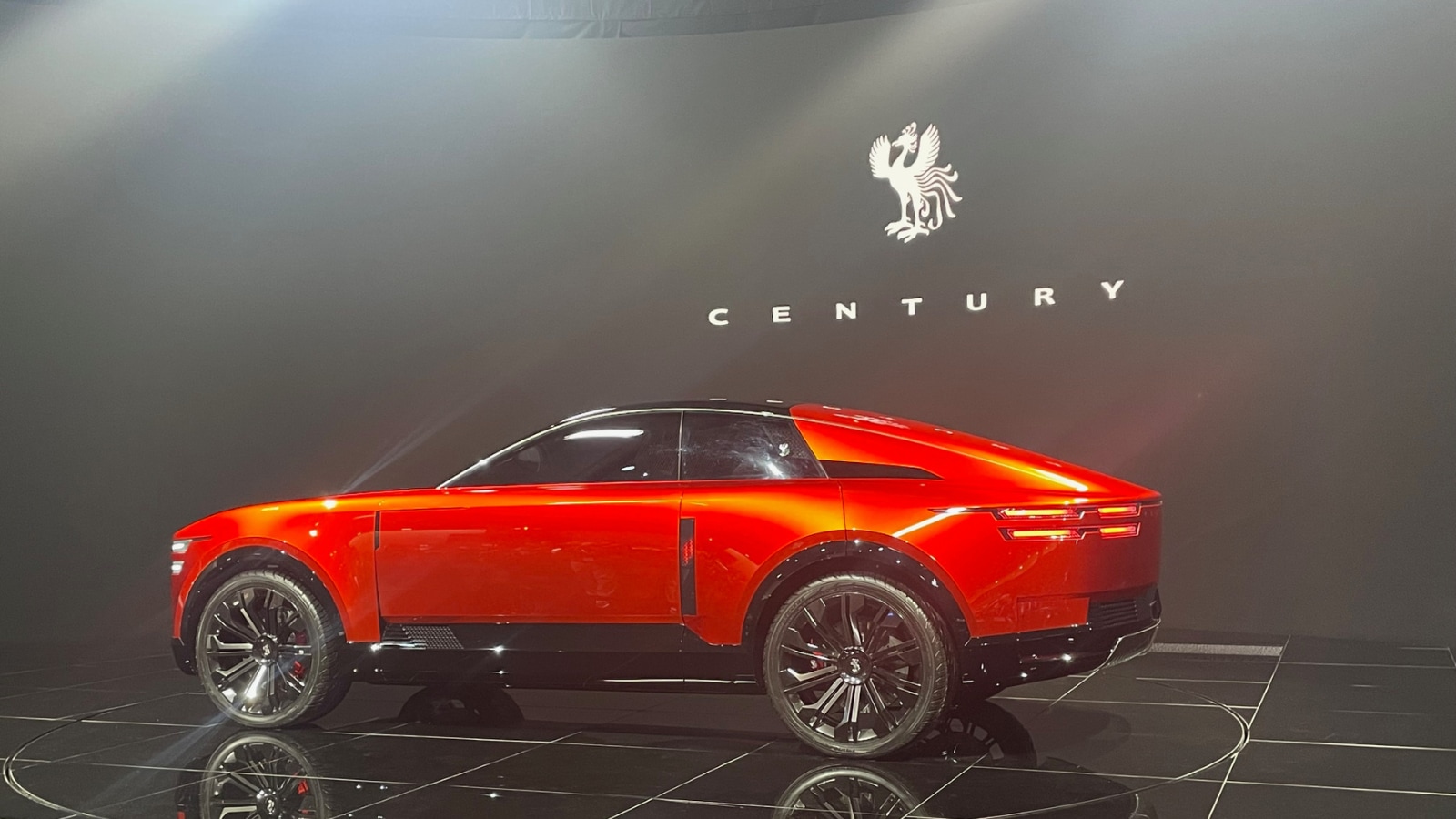
Japan's EV Strategy: Catching Up to China
Japan's carmakers, historically known for their reliable and efficient vehicles, are facing stiff competition from China's rapidly advancing electric vehicle (EV) market. To regain their lost market share, Japanese manufacturers are pooling resources and collaborating on new technologies. This unified approach aims to catch up with the global electric vehicle industry, which has seen significant advancements from Chinese companies.
One of the strategies being adopted is the reduction of vehicle testing times. By utilizing advanced simulation technology and tools like virtual reality, companies such as Honda are cutting testing times by nearly 50%. Traditional car manufacturers often take around 45 months to develop a new vehicle, while Chinese automakers have shortened this time to less than 20 months. Japan's goal is to bring this down to under 18 months without compromising on quality.
The Japan Mobility Show has emerged as a critical platform for discussing the future of the automotive industry. Leaders like Akio Toyoda from Toyota and Toshihiro Suzuki from Suzuki believe that achieving carbon neutrality requires multiple technology pathways. They argue that battery electric vehicles alone cannot solve the problem; hybrid vehicles also play a significant role in the market's success.
Furthermore, the Japanese Automobile Manufacturers Association (JAMA) has acknowledged the challenges faced by the industry. They have called for cooperation between automakers to survive in the rapidly evolving landscape of the global EV market. Japanese companies are forming partnerships and alliances, with Toyota already collaborating with Suzuki, Mazda, and Subaru to enhance their technological capabilities.
Another focus is on developing solid-state batteries, which promise to revolutionize the EV industry. Toyota aims to roll out these next-generation batteries, which are expected to double the vehicle range and reduce charging time significantly. This innovation could position Japan's automakers advantageously in both domestic and international markets, including India.
In addition to battery advancements, Japanese manufacturers are also venturing into software development, creating Software Defined Vehicles (SDVs). This allows for updates through software without hardware changes, a concept that is gaining traction in other markets but is still relatively new in Japan.
As Japan's automotive industry works towards reclaiming its leadership, it is essential to learn from the rapidly evolving markets. The collaboration with countries like India could play a significant role in this journey. By embracing new technologies and fostering global partnerships, Japan's carmakers are positioning themselves for a competitive future in the electric vehicle race.









